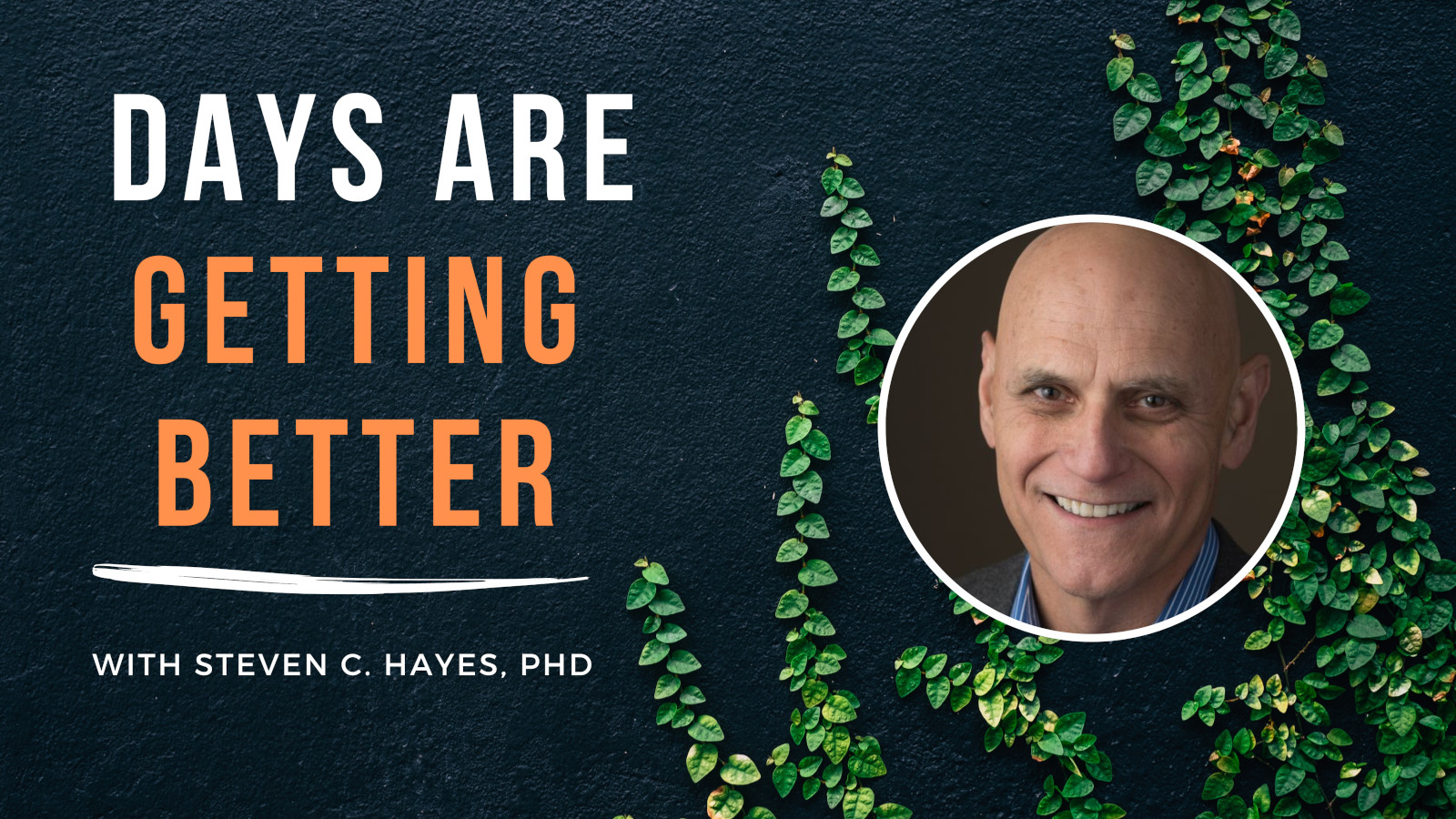There are few events as traumatizing as war. As a soldier, you constantly face the odds of death or serious injury, while being ordered to inflict those same odds on enemy soldiers. As a refugee, you have to abandon life as you knew it, together with most of your belongings, and often even your loved ones. And even if you make it out alive, you likely obtain psychological wounds that will affect you for the rest of your life. The depths of suffering of those involved is hard to grasp. And yet, even when you are sitting in the comfort of your home, thousands of miles away from any conflict, the war can still leave an ugly mark.
Upon waking up, you may check the latest news. How many people died last night? How many buildings were destroyed? All these images of pain, destruction, and suffering, directly delivered to your phone. You cannot feed yourself all this information, and expect to be unaffected. The other day, I saw a video of a child who was nearly killed, talking from a bed in a basement, saying “I’m cold” through bloody bandages. It stuck with me like a nightmare.
Crises like these can take an enormous psychological cost – whether you are in the war zone, or watch the events from afar. And when the stress becomes too much, your body will take notice. Your chest begins feeling heavy, your stomach starts tightening up, and your breathing becomes short and shallow. You get restless, easily irritated, and may feel like crying, even though no tears are coming. The ways in which we process crises like these are manifold. And yet, we are not helpless, because psychological science has long researched what we can do when our world falls apart. And after decades of study, we have finally found answers.
When a storm sweeps through the land, some trees easily fall over, while others remain standing. They may appear indistinguishable from the outside, but when looking underneath, you can see the difference. Those trees that are still standing have grown their roots far and wide, and they bend slightly with the wind. And this is what made them resilient – a combination of strength and flexibility. In a similar way, when an emotional storm comes along, you can remain steady by extending your roots and grounding yourself, while still being moved by the pain. Here’s how.
Step #1 Notice the Storm
The first step is to notice the storm. Worries about the future may show up. Regrets about the past. Difficult feelings like sadness, anger, frustration, or despair. All of it shows up altogether, and it can knock you off your feet. The first step is to notice that these things are happening, right here and now. You may even acknowledge to yourself “Ah there’s a storm”.
Step #2 Connect With Your Inside
The second step is to connect with your inside. What thoughts are showing up? What feelings? Where can I notice these feelings? And what else can I feel in my body? Slow down, and explore whatever may show up inside of you. Think of yourself as a curious scientist who simply wants to take note of whatever is there, without any judgment.
Step #3 Connect With Your Outside
The third step is connect with your outside. Name five things you can see. Name three things you can hear. Now what can you smell? And what can you taste? Notice where you are and what you are doing. You may even touch a nearby surface or any object in reach. Notice what it feels like. Notice that you are here right now, and that there is a world in front of you.
When you ground yourself like this, in a strong but flexible manner, you manage stress much more effectively. Rather than letting the storm grip you, you reconnect with yourself and your environment, allowing you to engage with the world in whatever way you choose.
Grounding does not make the storm disappear. What it does, however, is keep you steady and flexible until the storm passes. And if the storm grips you 1000 times, you ground yourself and feel the storm 1000 times. Notice it, feel inside, and then outside. It’s not resistance; it’s not a fight. It’s getting with what is happening without being overwhelmed.
And does this help, even in times of war? Yes, it does.
Don’t believe me, believe the world’s premier public health entity: The World Health Organization (WHO). After exhaustive controlled research on how people can maintain psychological health even amidst war and other crises, WHO has published an ACT self-help protocol to help anyone experiencing a crisis, of any kind. It talks more in-depth about the technique behind this article, and much more. You can access it by clicking here. Note that the book and tapes are available at that site in English, Ukrainian, Russian, and many other languages and they are right now being used in the Ukrainian conflict.
Be well, and consider sharing this resource with other people in need.







